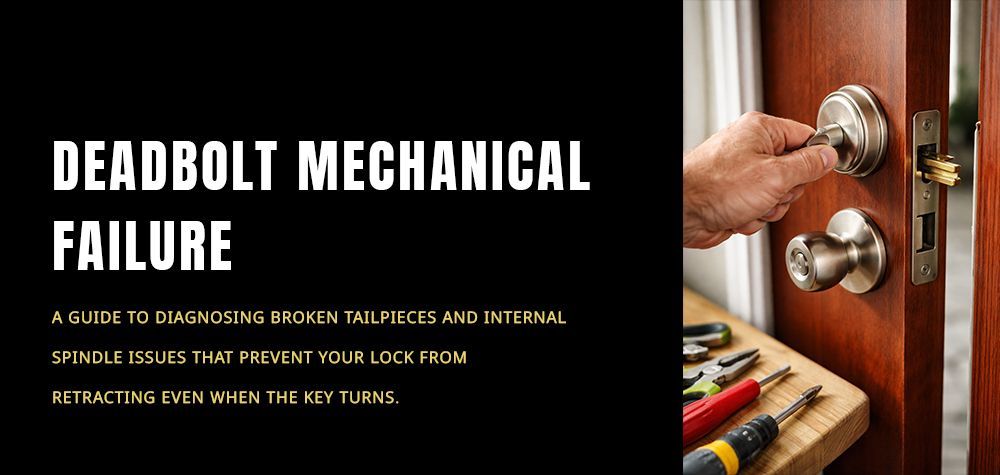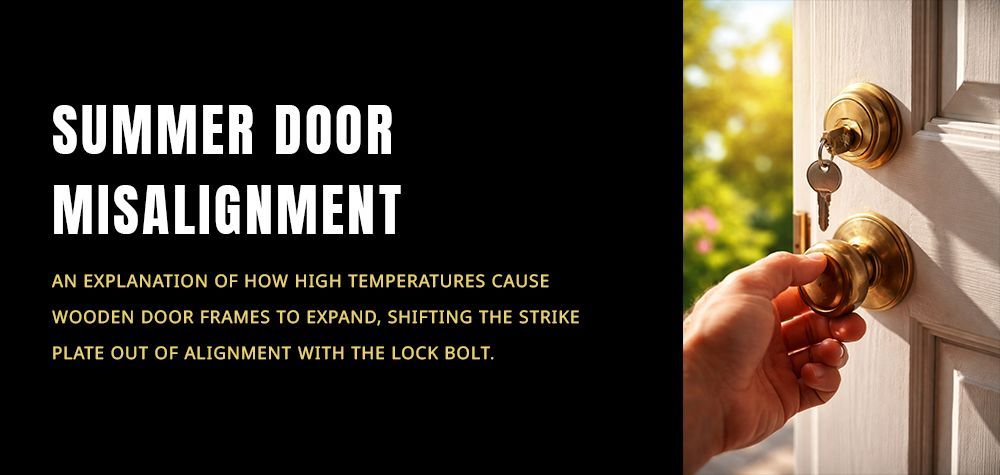The 7 Things You Should Never Leave in Your Car
October 3, 2021

Innocent mistakes often turn out to cause the most disastrous accidents. Extreme temperatures can do much more damage than spoil wine or groceries. When items are left in the car at low or high temperatures, they are at a significant risk. Studies have shown that the temperature inside of cars can rise 20 degrees in as little as 10 minutes. Here’s what you should never leave in your car to avoid putting your precious items and loved ones at risk.
No matter how long an errand will take, you should never leave young children and pets alone in a car. Even if your car’s windows are cracked, the internal temperature of your car can reach dangerous levels in just 10 minutes. After an hour, temperatures can jump 45 degrees. Every year, an average of 38 unattended children, and hundreds of pets die from heatstroke in locked cars. Avoid a preventable tragedy and never leave your children and pets in a locked vehicle.
Those labels on aerosol cans are there for good reason. As the temperature rises, the pressure inside an aerosol cans rises too. If stored in temperatures above 120°F, aerosol cans can reach dangerously high internal pressure levels. When left in the heat and/or direct sunlight, aerosol cans explode. This can cause serious injuries or damage to your vehicle.
Did you know that most medications should be stored at room temperature? That’s because many active ingredients in prescription meds actually spoil or lose their effectiveness when exposed to high heat. A parked car never remains at room temperature, so avoid wasting medication and money by taking your medicine with you.
While extreme heat does not pose a high risk for most valuables, leaving them in your car presents a different kind of risk – thievery. Leaving goods such as a purse, wallet, or electronics instantly puts a target on your vehicle for thieves. Even if you store these items out of view, be sure to hide charging cords and other less valuable items out as these signal to burglars there are more valuables out of sight.
Many studies have found harmful chemicals such as BPA and phthalates in plastic water bottles. When left at high temperatures, these chemicals are leached into water from their plastic containers. Also, bottled water has a shelf life. If left for too long in a hot environment, bacteria and microorganisms can grow in the water posing a health risk for those who drink it.
Picking up a bottle of wine after a long day at work is a treat most of us can appreciate. Just be sure to take your bottle of red, white, or rosé with you after you park your car for the evening. Leaving a bottle of wine in a hot car can alter the flavor and even spoil the wine. And if the liquid is left to heat up, it can expand and seep around the sides of the cork, resulting in spilled wine and a contaminated bottle.
Keep grocery shopping at the end of your to-do list to keep perishable items from spoiling in your car. Fresh produce, meat, dairy, and other goods should be stored in the refrigerator no later than two hours after leaving the store. In the summer months, however, food should be put away in the refrigerator no more than one hour after being purchased to avoid spoilage. Removing perishable items from your car promptly will also reduce the chance of leaving an unpleasant smell in your car.
If you find yourself locked out of your car, call Brothers Locksmith and we’ll assist you right away. Our locksmithing experts can unlock any vehicle in a flash. We’re here to help!
Call Us Any Time!
Can a locksmith fix door frame damage after a break-in? Learn what repairs are possible, when contractors are needed, and how to reinforce your door for stronger security.
Door lock suddenly feels rough to turn? Learn the causes, warning signs, and expert solutions to prevent broken keys and restore smooth, secure operation.







